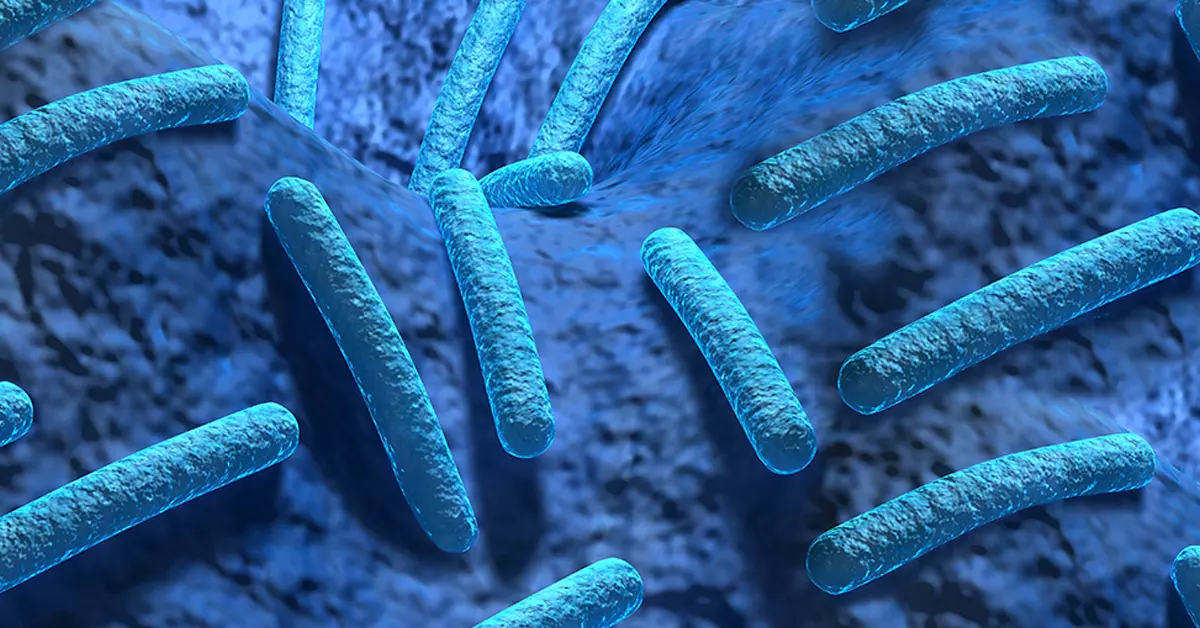- Gut Health
Modulating the Gut Microbiome: The Role of Probiotics and Prebiotics
September 30, 2016
Overview
The human intestinal microbiota functions as an organ and is critical for immune and gastrointestinal system maturation, colonization resistance, modulation of immune responses, and nutritional needs.
A balanced, diverse microbiota is essential for health. There are disorders in which the beneficial use of probiotics is documented including antibiotic-associated diarrhea, C. difficile-associated diarrhea, inflammatory bowel disease, irritable bowel syndrome, dysbiosis, urinary tract infections, allergies, atopic dermatitis, eczema, and lactose intolerance. As a complementary therapy, prebiotics increase the numbers and/or activities of healthful gut microbiota and support populations of healthful genera that are not available as probiotics. This presentation will provide the knowledge and tools needed to effectively use prebiotics and probiotics to enhance health.
Learning Objectives
- Understand the beneficial effects of the gastrointestinal microbiota on the development and function of the immune, gastrointestinal, and other organ systems, as well as the adverse effects that can occur secondary to microbiome disruption
- Appreciate the mechanisms by which probiotics may confer benefit and the health conditions for which evidence exists to support their use
- Learn the safety profile and potential risks of probiotic preparations and how to effectively select and dose probiotic formulas


